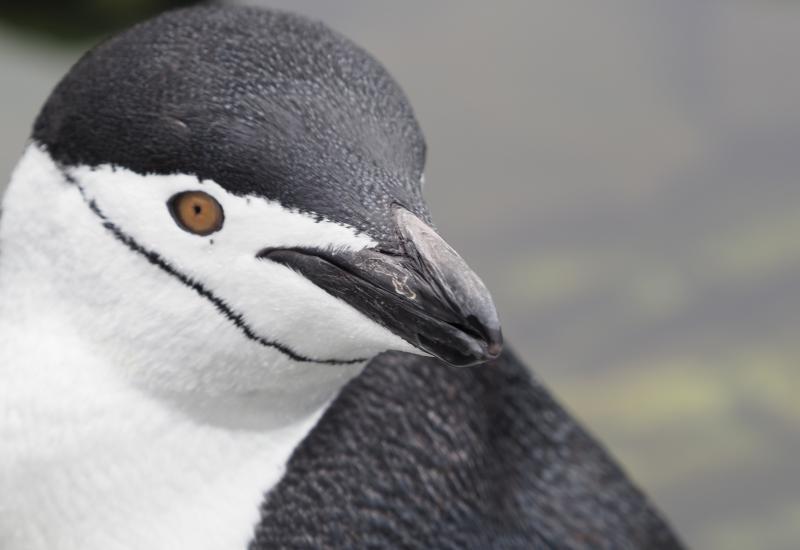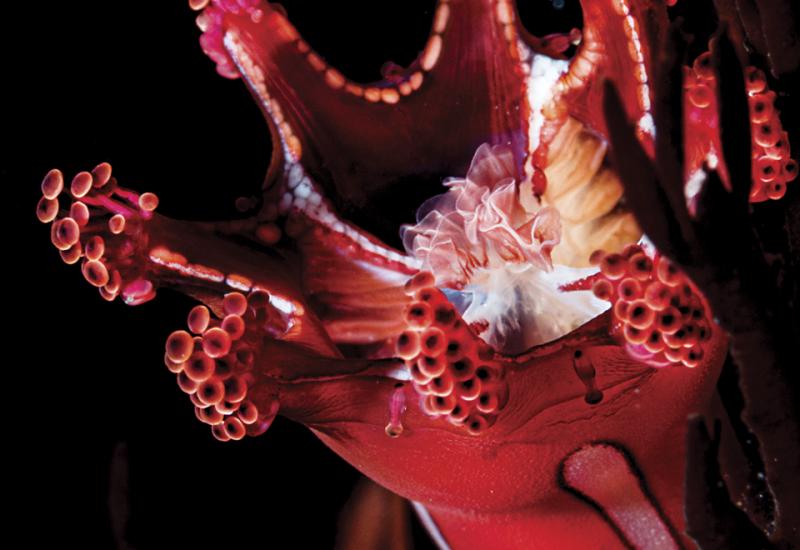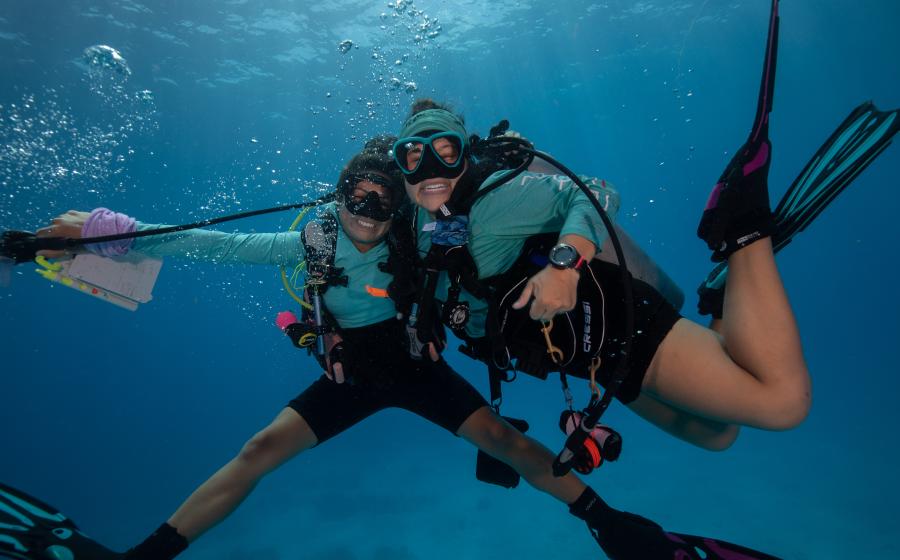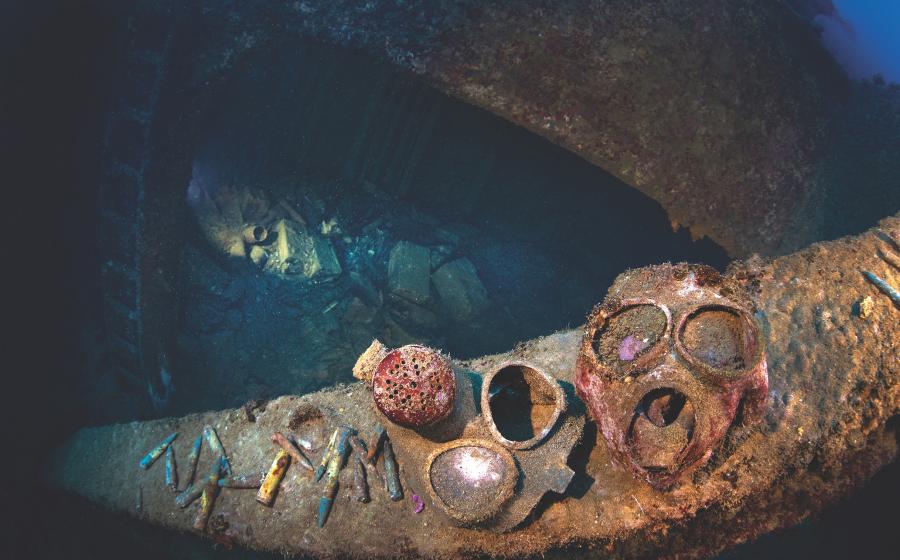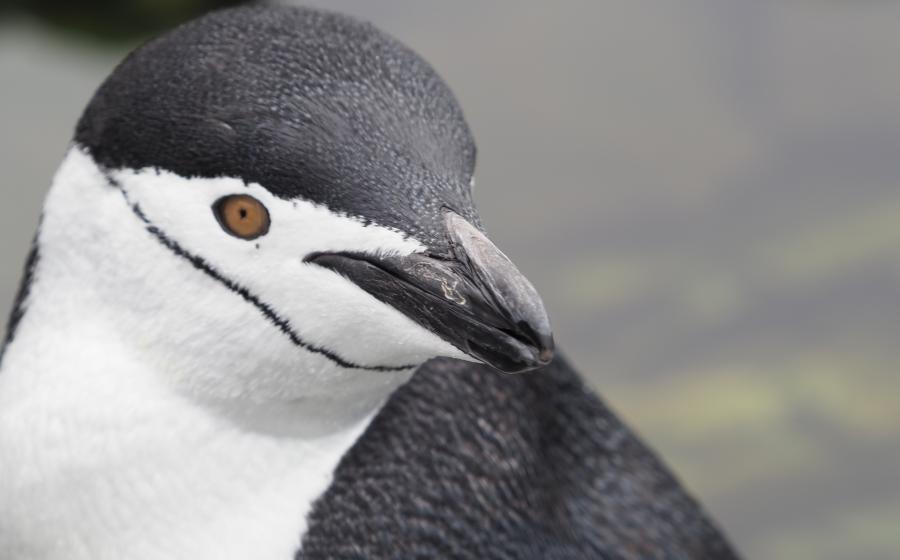Celebrating the Ocean’s Best Mothers
As Mother’s Day approaches, it’s fitting to acknowledge some of the best mothers in the world. Human mothers sacrifice a lot, but imagine giving up food for years or keeping your toddler in tow for a three-month journey.
From microscopic jellyfish to massive whales, these dedicated mothers of the ocean deserve some recognition this Mother’s Day – and every day!
Octopus
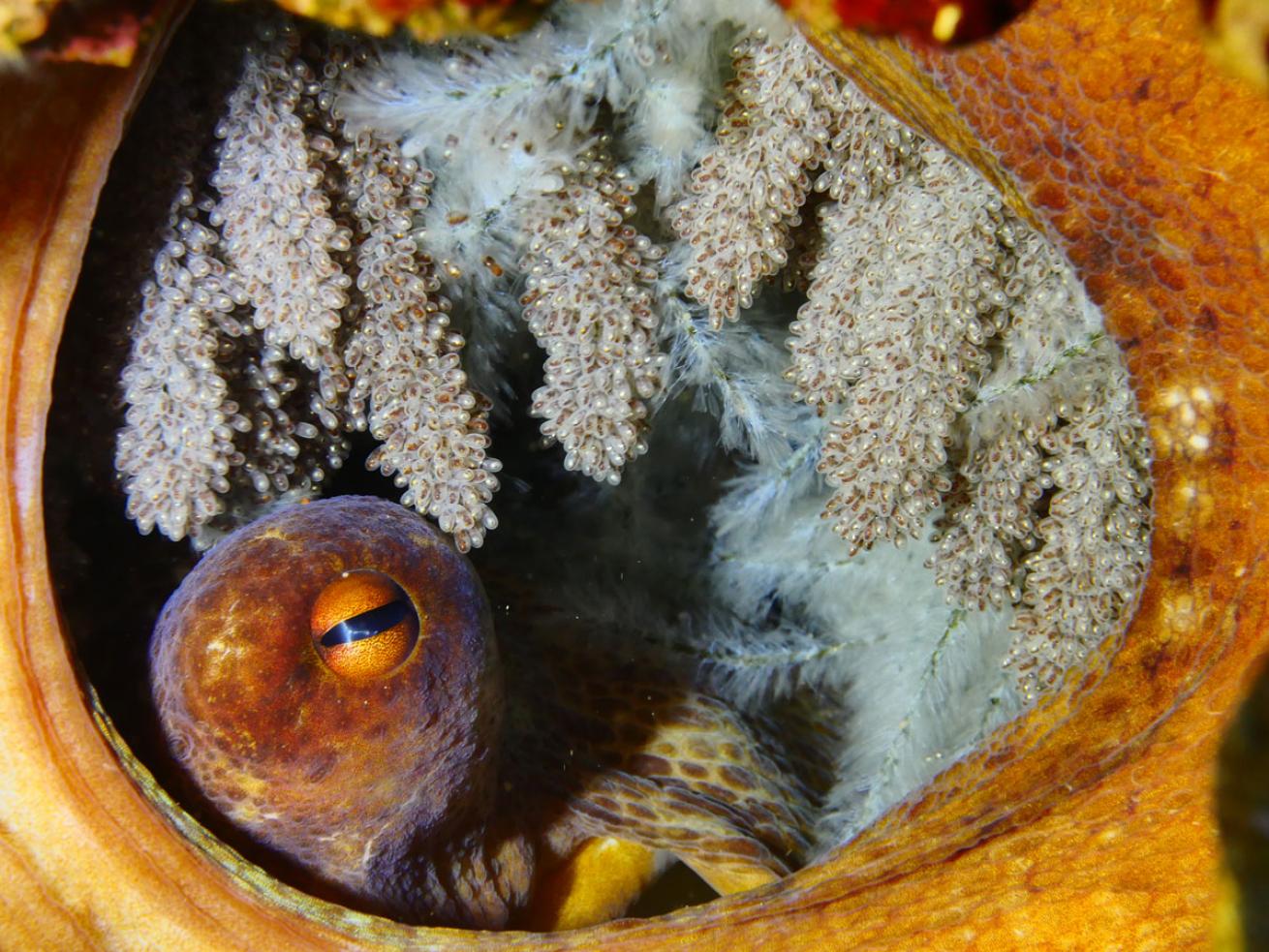
Shutterstock.com/scubadesignMother octopus with eggs underwater.
Some animals give motherhood their all…literally. Octopuses are semelparous, meaning that they reproduce just once in their life. After a female octopus lays a clutch of eggs, she won’t leave them for anything – even to hunt. As a result, she slowly starves to death as she waits for the eggs to hatch, which can sometimes take years. One deep-sea octopus even guarded her eggs for over four years, setting a record for the longest known brooding period of any animal. When the offspring emerge, the octopus uses the remaining energy left in her body to send her babies into the open water before she dies.
Gray Whale
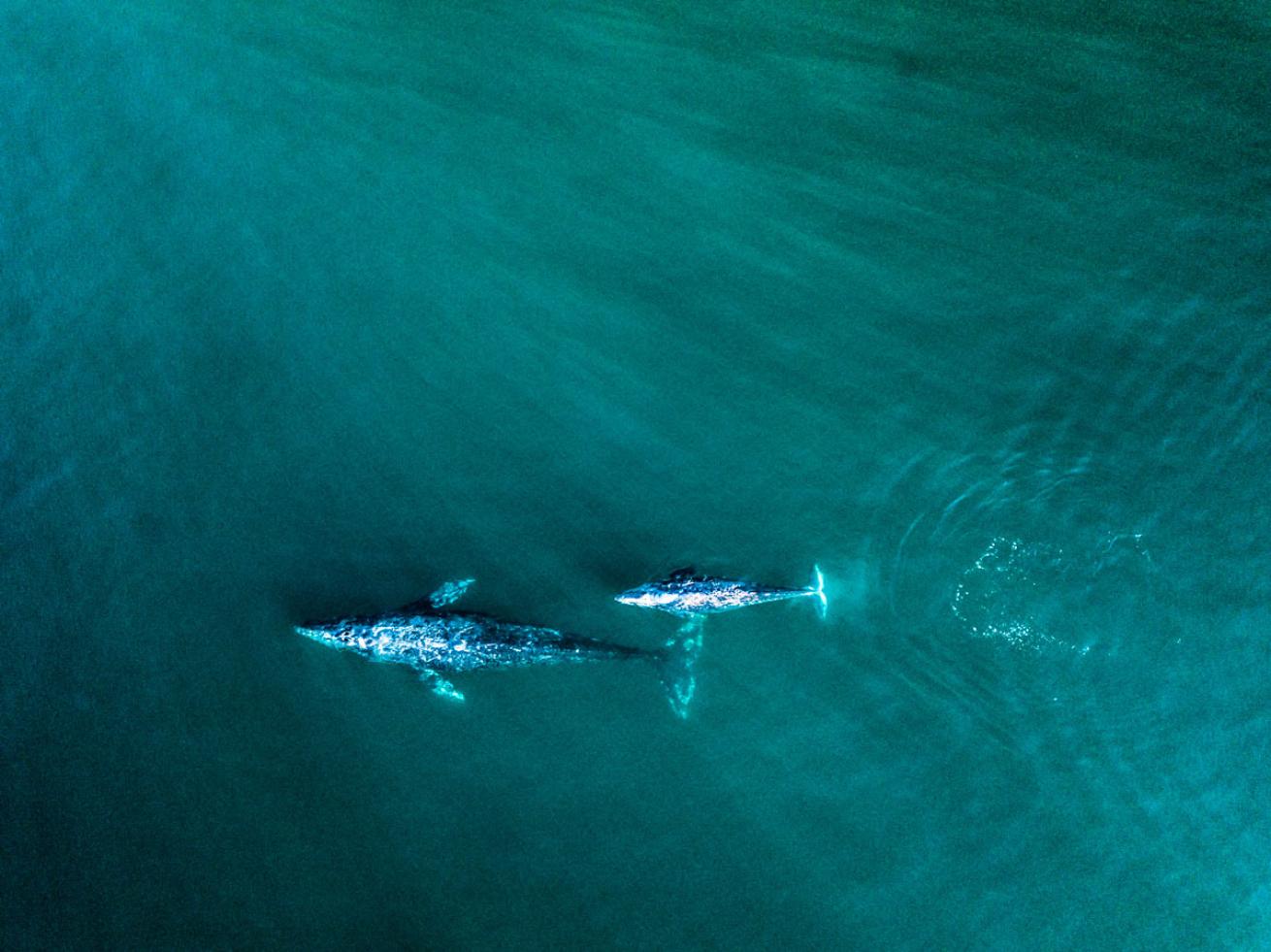
Shutterstock.com/Kyle MunsonGray whales migrating together.
Gray whales have the longest known migration of any mammal, traveling over 10,000 miles across hemispheres, day and night. But that’s not the most impressive part – they keep their young in tow for the entire journey. Think of that next time you’re traveling with kids!
After the gray whale gives birth in the warmer waters of Baja California, she returns to the Arctic with her new calf. The mothers don’t feed during the months traveling, but they are still expected to provide their calves with 50-gallons of milk per day and protect them from predators. That must be one exhausting journey…and it happens every few years!
Ringed Tubularia
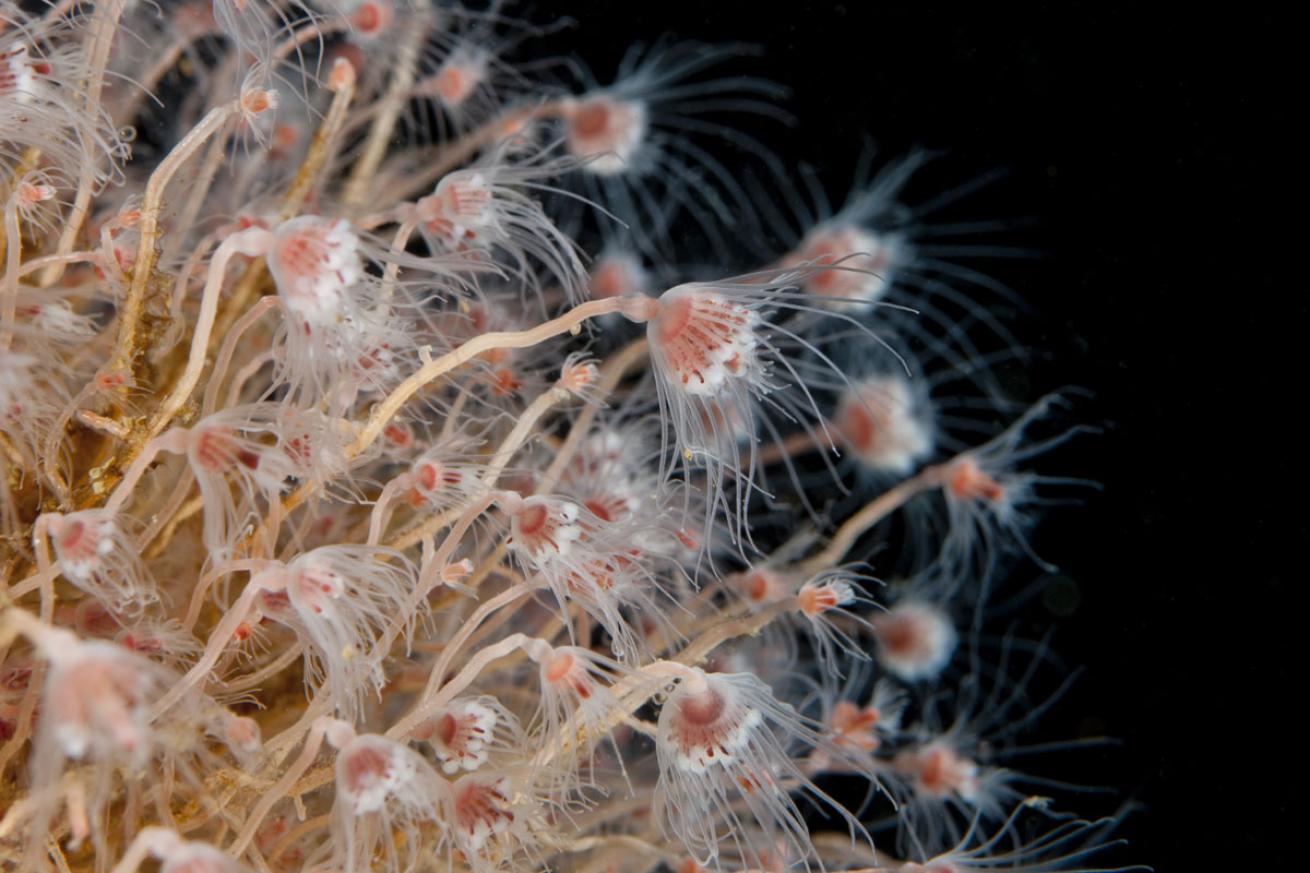
Shutterstock.com/Konstantin NovikovColony of tubularia hydroid polyps.
The ringed tubularia, a type of hydrozoan, takes the mother-child bond a bit too literally. After the female releases her juvenile polyps, they look for a suitable substrate to settle on – which can include their own mother. When this happens, she physically fuses her children to herself. She can even feed her offspring through a shared digestive system. That’s one way to eliminate separation anxiety!
Orca Whale
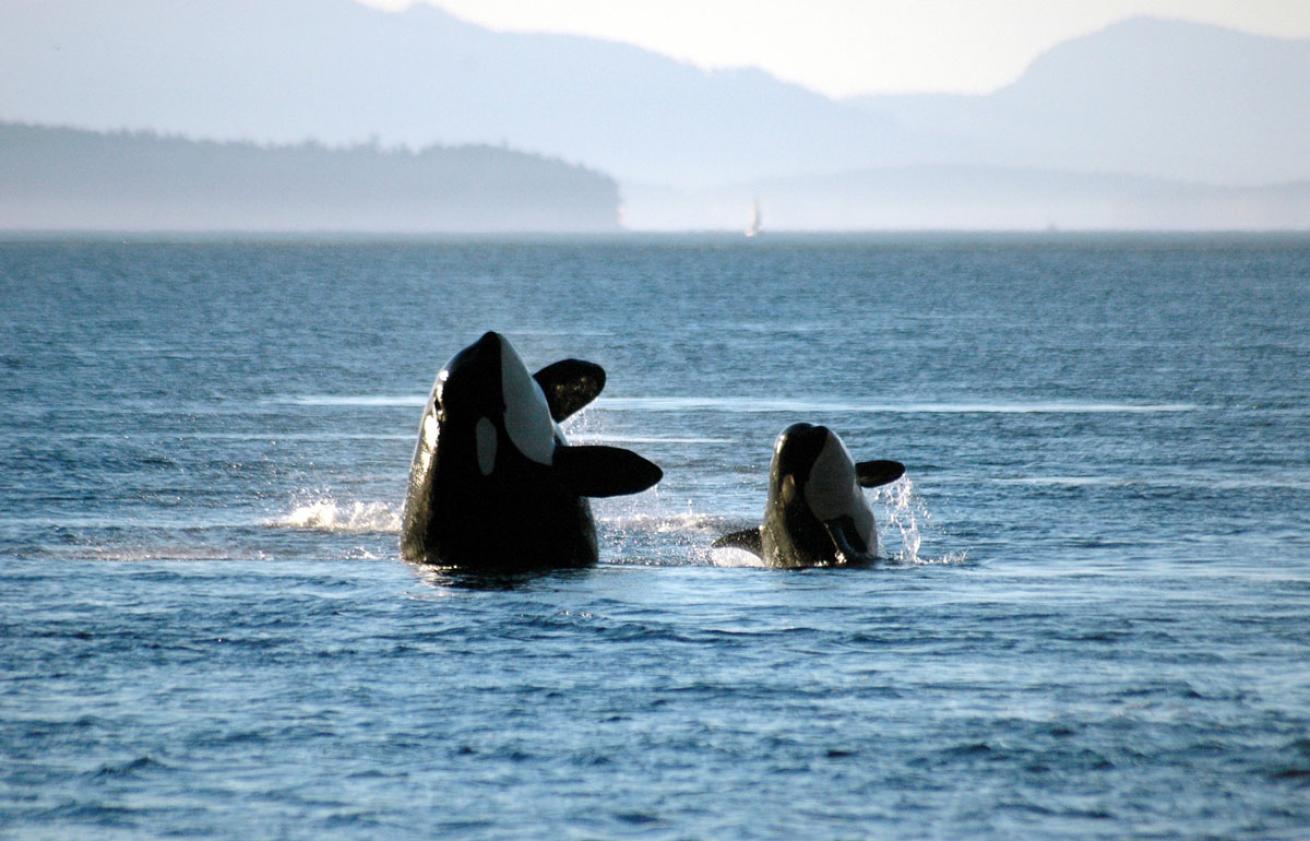
Shutterstock.com/Monika Wieland ShieldsA mother and calf orca breach in synchrony.
Motherhood is a short feat for many animals, with the young becoming independent in months, days, or even seconds. However, this doesn’t remain true for orca whales. Orca mothers are committed for the long haul, showing a lifetime of devotion to their young.
The mortality rate of juvenile orcas is extremely high, so mothers have to watch over their young at all times throughout the first year. Orca calves don’t sleep for the first month of their lives, so mothers also forgo sleep to stay up with them, protect them, and feed them. Within some pods, male calves actually stay with their mothers for their entire life. They can live to be 50 years old, which makes them the definition of a “mommy’s boy!”
Titan Triggerfish
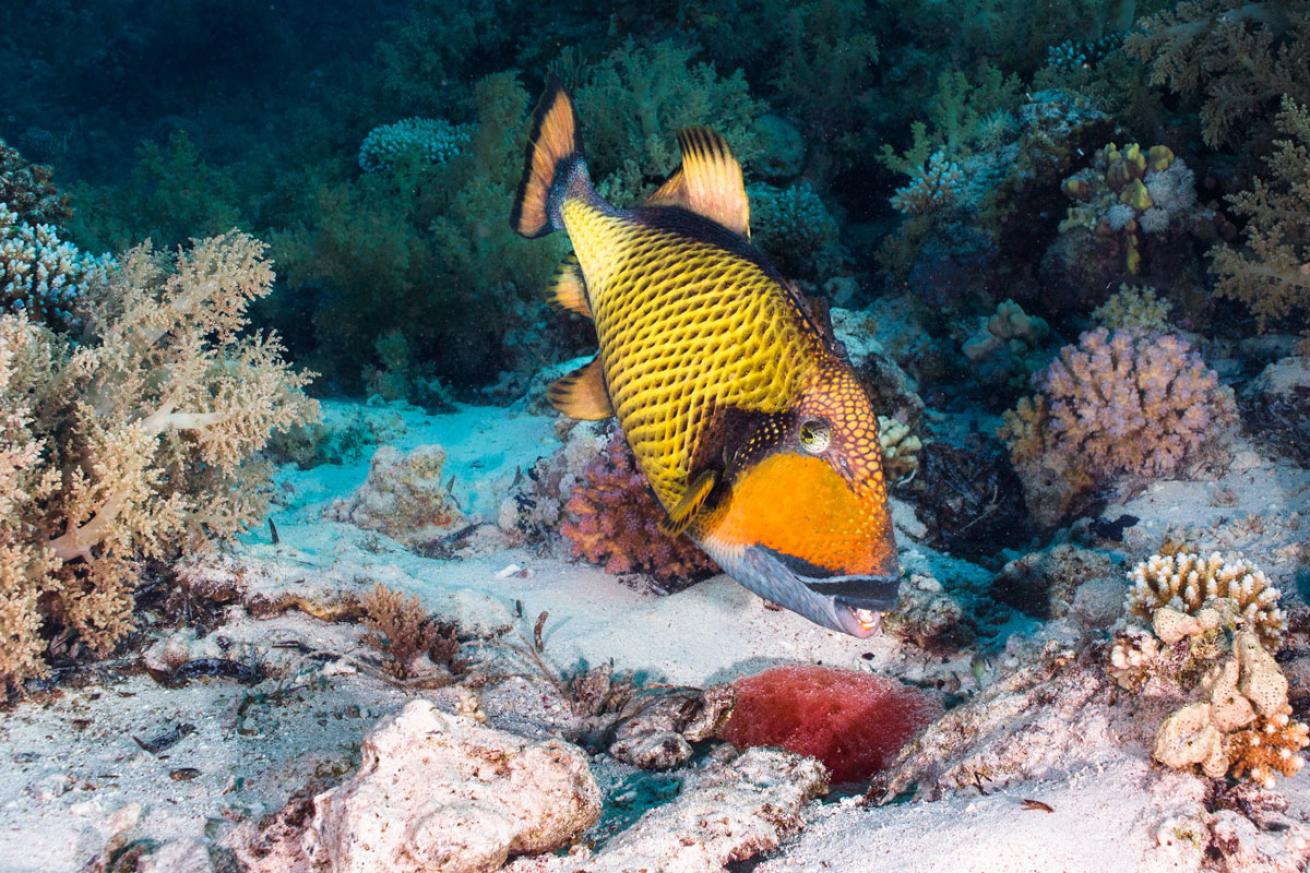
Shutterstock.com/Madelein WolfaardtTitan triggerfish (Balistoides viridescens) protecting eggs in the sand.
The titan triggerfish may be the most feared fish in the sea, distinguished by their chisel-like teeth and sheer size – they can grow over two feet in length. During nesting season, triggerfish mothers are fiercely protective and will aggressively defend her eggs from any threats. These fish show no fear and won’t hesitate to go after a potential predator that’s bigger than them, even divers. Divers who have accidentally crossed into triggerfish territory have reported attacks, resulting in ripped fins, bruises, and even stitches. That’s one protective mother!
Let’s celebrate all moms this Mother’s Day, from our own mothers to those in the depths of the ocean. Regardless of species, all animal moms show immense dedication, sacrifice, and devotion to their children in their own unique ways.


